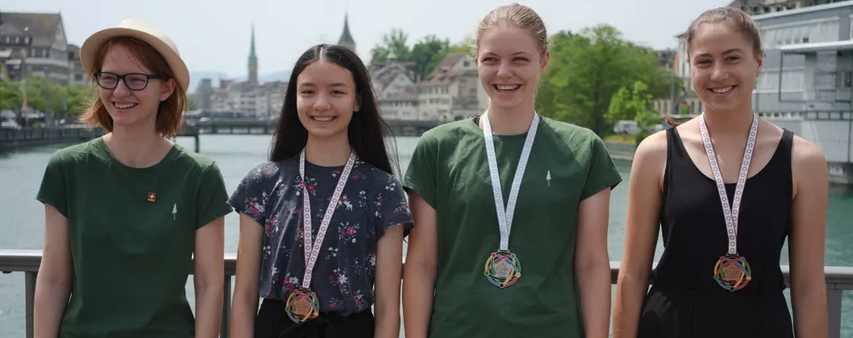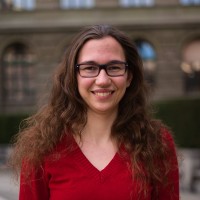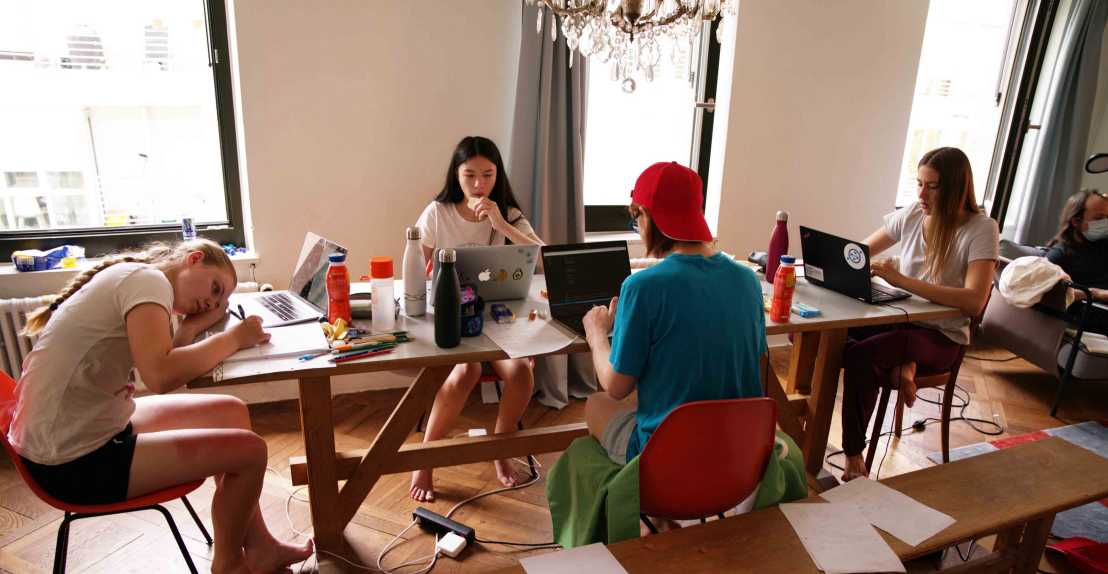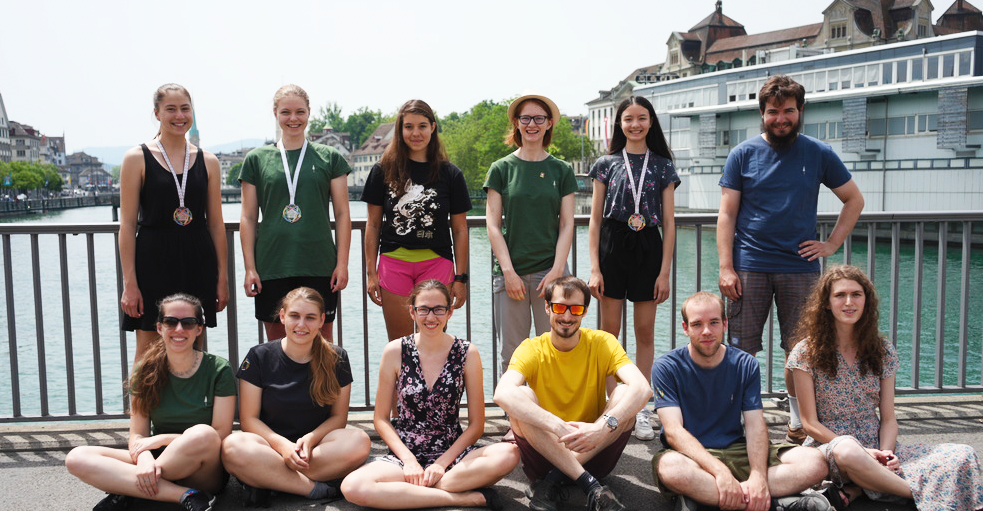Much more than just a competition
From June 13 to 19, 2021, the first European Olympiad in Informatics for Women, EGOI, took place in Zurich. The organising committee and the participants look back on instructive, intensive, and unforgettable days.

The first EGOI, European Girls' Olympiad in Informatics, was attended by 160 young women from 43 countries. The delegation from Russia performed best. All four participants, Alisa Gladchenko, Ekaterina Shilyaeva, Daria Grekova and Ekaterina Poray, won a gold medal. The Swiss participants, Ema Skottova, Jasmin Studer, Priska Steinbrunner and Vivienne Burckhardt, can also be proud of their achievements: they won one silver and two bronze medals between them. The Olympiad was initiated and organised by a group of ETH students.
Because of the pandemic, the event took place virtually. The competition required the participants to solve tasks for five hours each day for two days by developing their own algorithm. Prizes were awarded to those solutions that showed a particularly high level of creativity and logical thinking. Given the nature of the task, there was no need for a jury in the classical sense, explains organiser Stefanie Zbinden. “The tasks were automatically corrected. We ran the developed programs on different test instances and checked whether all the outputs were correct,” says the mathematics student.

All in all, the organising committee (OC) had a very positive view of the first ever EGOI. “We are satisfied with how the EGOI went. Of course, it would have been nice if the event had been held in person,” says organiser and computer science doctoral student Charlotte Knierim. Even before the EGOI took place, the OC had received positive feedback. For example, thanks to the EGOI, some countries stepped up their measures to promote women in computer science and thus were able to attract more participants to the national finals. The participants themselves also responded enthusiastically. “The EGOI boosted their self-confidence and gave them a previously unknown sense of belonging,” the doctoral student says.
For the nine-member OC, planning and executing the big event was an educational experience. “It's important not to despair when something doesn’t go as planned and to always plan enough buffer time for all tasks,” concludes Knierim.
“The EGOI is much more than just a competition. You can make friends, meet girls with similar interests and, most importantly, have fun.”Vivienne Burckhardt, EGOI 2021 participant

Participants also enjoyed the variety of experiences that the EGOI offered. Vivienne Burckhardt, a high school student at MNG Rämibühl in Zurich, is delighted with her bronze medal. She found the competition tasks interesting. “It’s a good feeling when you finally solve a task after a lot of thinking and implementing,” she says. During her “unforgettable EGOI week”, Vivienne got to know like-minded young women from different countries, climbed through a rope park with her team and enjoyed the final evening playing games together until late into the night. One thing is clear to the high school student: “I would definitely recommend joining the EGOI to other girls.”
Getting more girls and women interested in computer science is also a big concern for EGOI organiser Benjamin Schmid, as he finds working in a diverse team to be very enriching. The ETH computer science alumnus has been involved with the Computer Science Olympiad for many years and thinks it is a shame that so few women choose to participate. “When the idea for the EGOI came up, I was immediately enthusiastic and wanted to help out, and thus offer women who are enthusiastic about computer science an opportunity to exchange ideas with each other, find role models and showcase their talent,” says Schmid.
The second EGOI will take place next year in Turkey. We are already looking forward to it!
